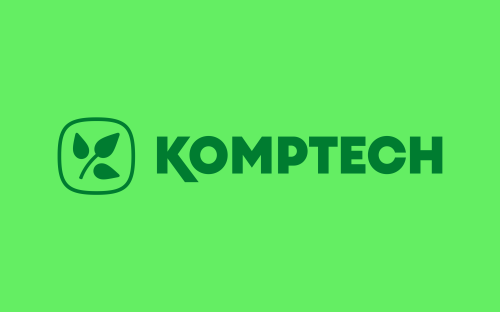The RMD was moving towards renewable energy sources even before the renewable energy law was passed. They first used the landfill gas from municipal landfills to generate environment-friendly power, later adding the anaerobic digestion plants in Flörsheim and Neu-Anspach. “The basis for the construction of the anaerobic digestion plants was the long-term acceptance and disposal of the organic waste in the MTK and HTK districts,” explains Thomas Richter, RMD’s Biogas and Green Waste Department Manager. The goal was to utilize organic waste effectively, i.e. both for material reclamation and energy production while keeping transport distances short, and offering it all at a fair price to local communities, said the Richter, a degreed chemical engineer.

Back




